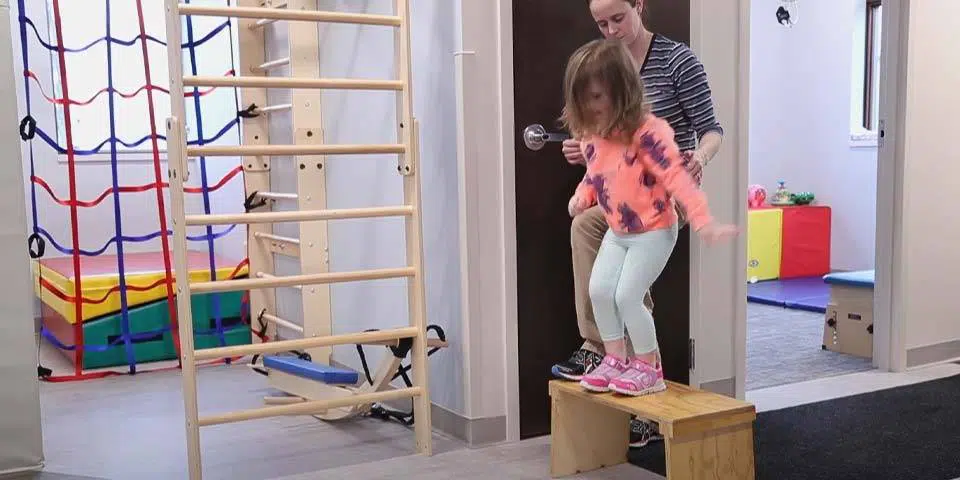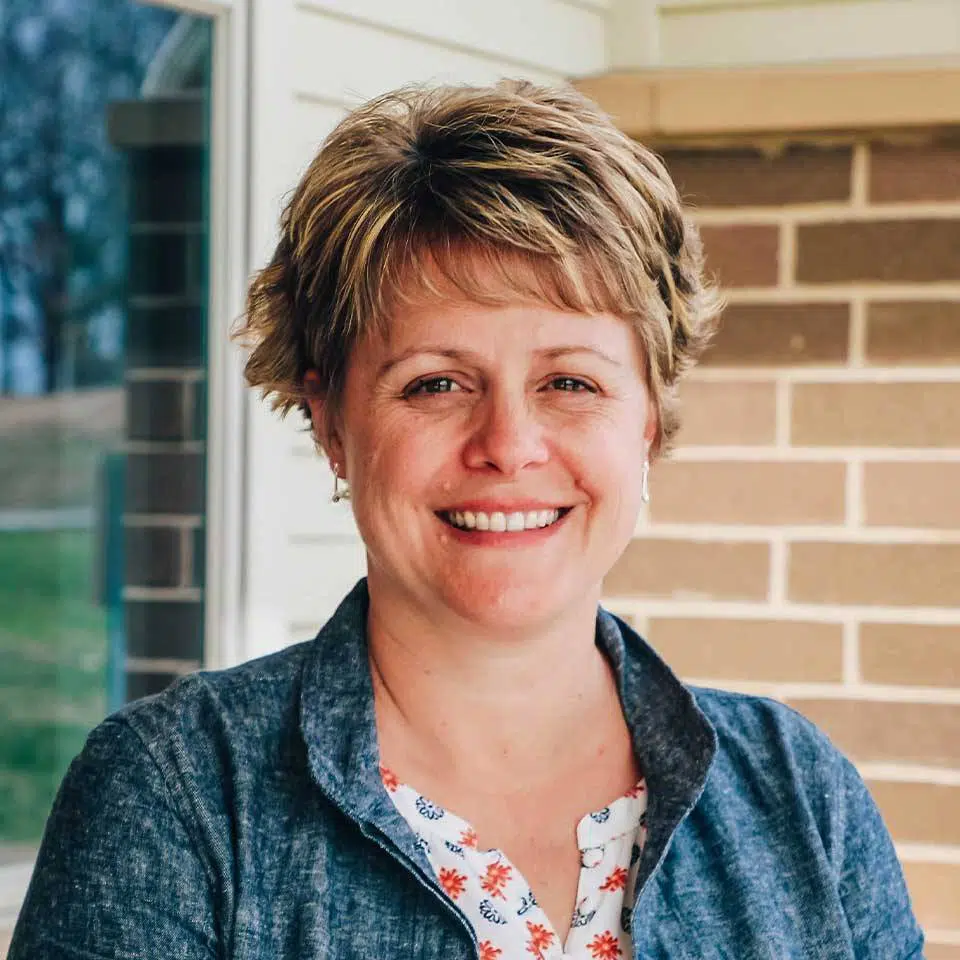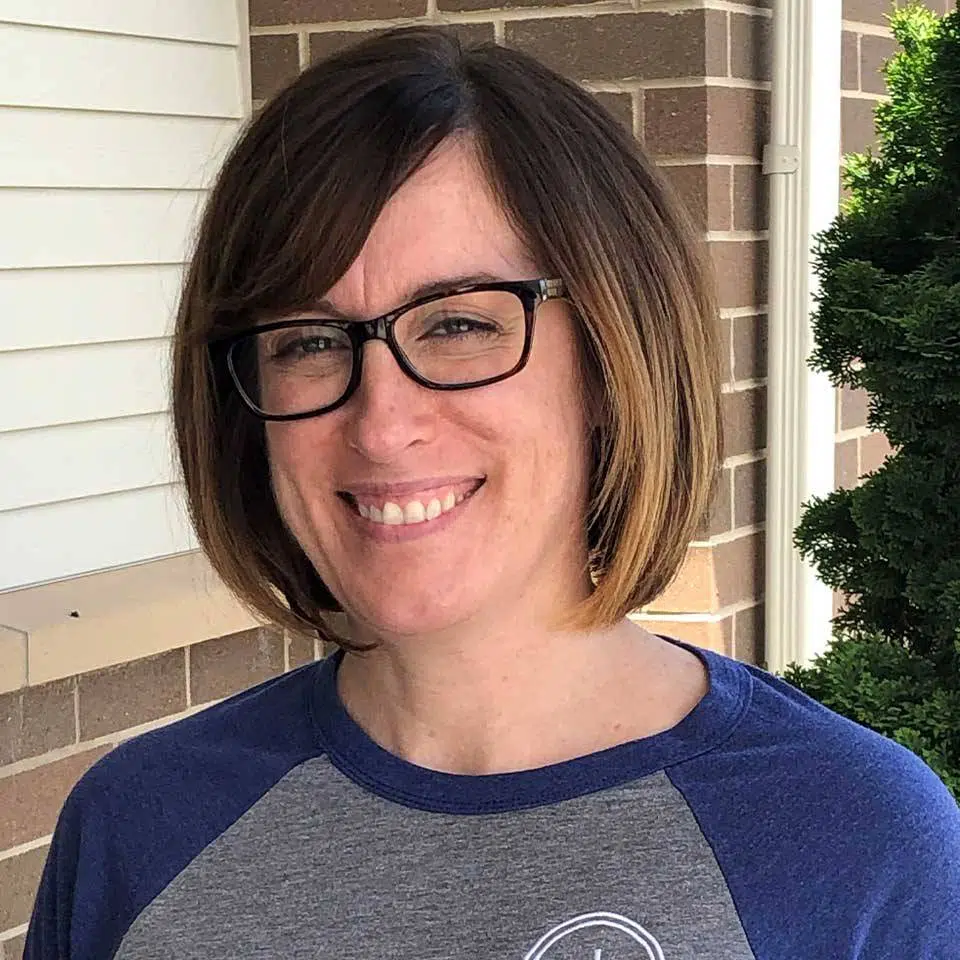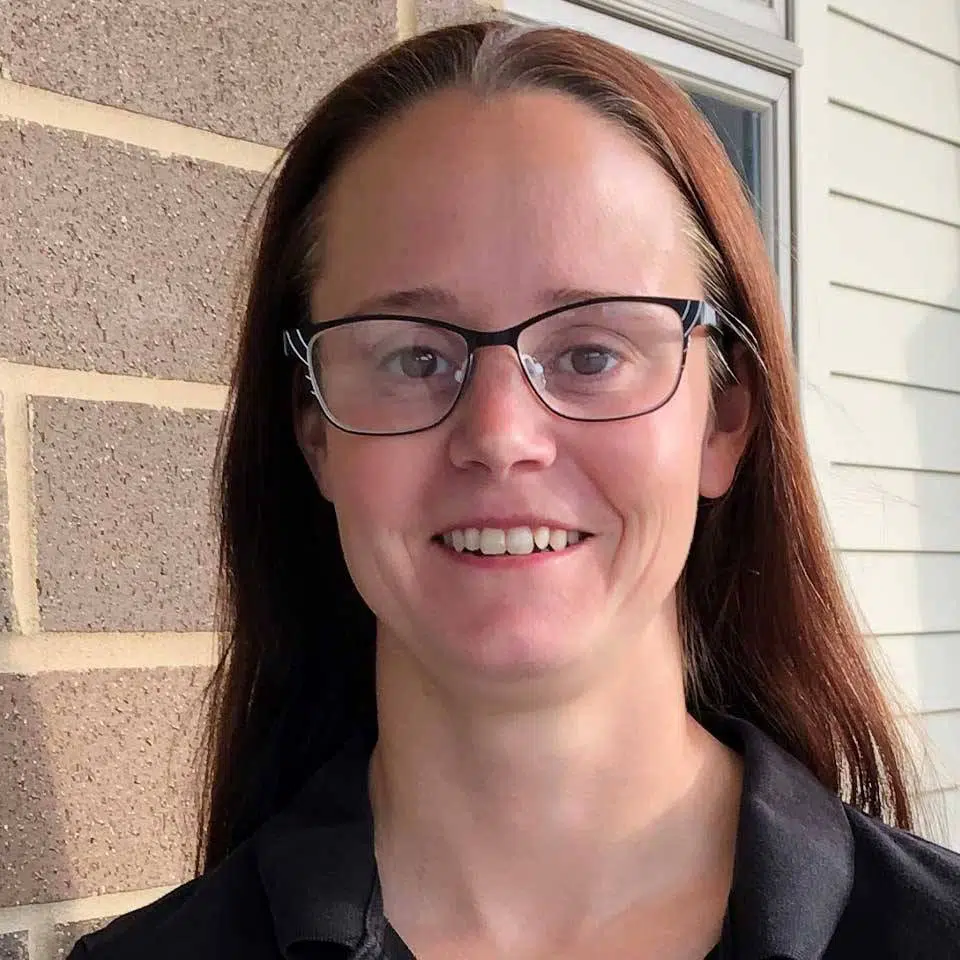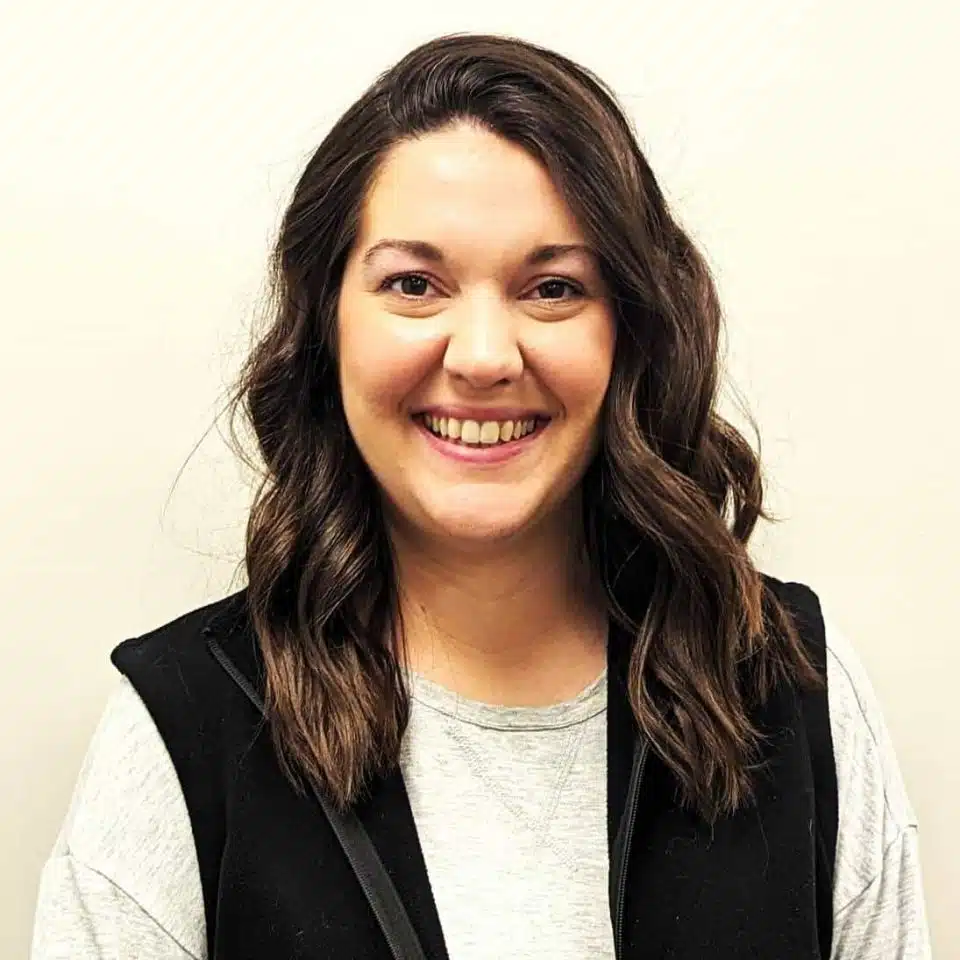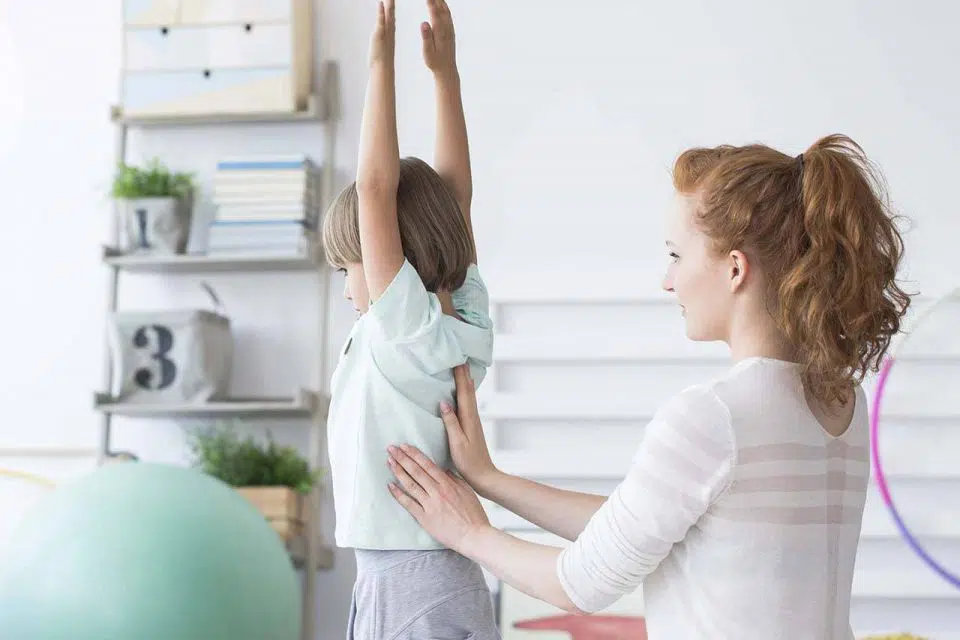Physical Therapy
Learning to Move
Physical therapists provide play-based sessions that focus on developing, restoring, or improving a child’s ability to move around their environment. This includes children with developmental delays as well as those with a wide variety of injuries, disorders, and diseases that affect the musculoskeletal system.
What is Physical Therapy?
Treatment Focuses On
Achievement of gross motor milestones such as sitting, crawling, walking, running, jumping and climbing.
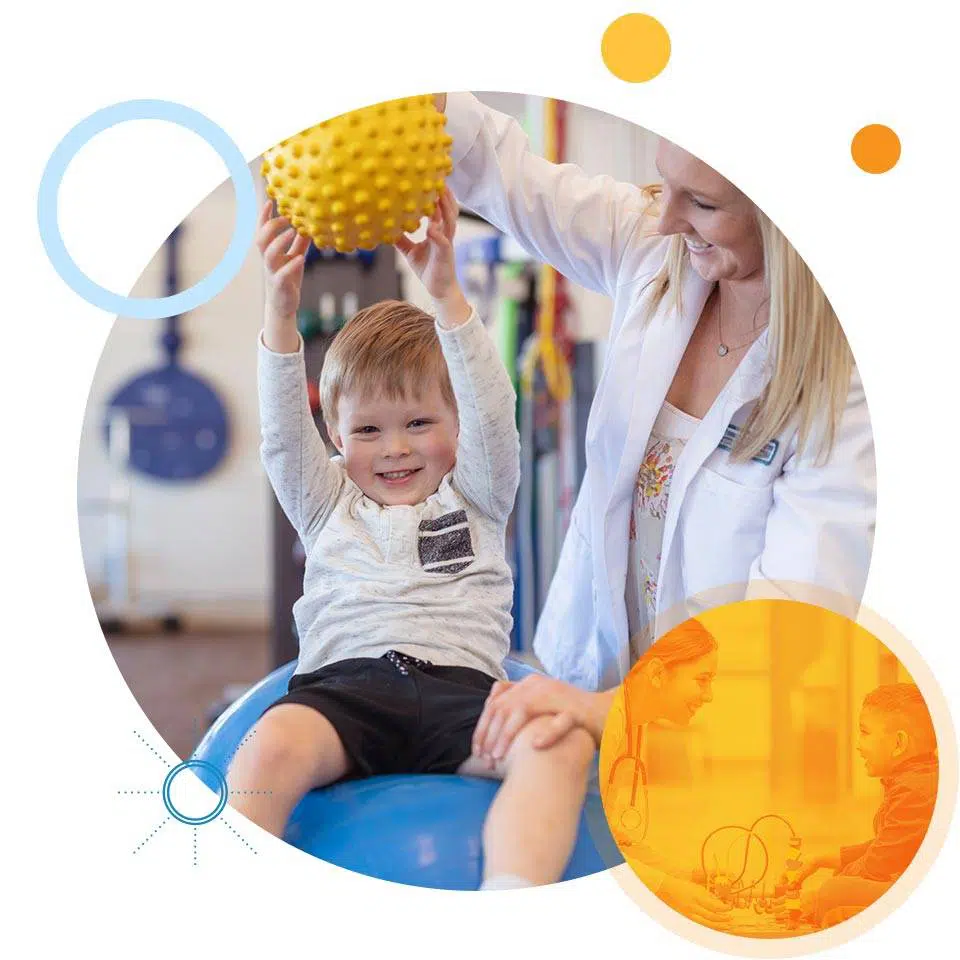
How do I know my child needs a physical therapy evaluation?
6 Months
- Cannot push up onto straight arms when lying on tummy
- Cannot sit independently for 30 seconds
- Cannot roll over from tummy to back or back to tummy
- Shows a strong preference toward one side of their body
- Holds their head cocked or turned to one side
12 Months
- Cannot crawl on hands and knees
- Cannot rise from tummy or back to sit up on their own
- Cannot pull to stand at furniture
- Cannot take steps with hands held
18 Months
- Cannot stand or walk independently
- Cannot stoop to pick up toys from standing
- Cannot rise to stand in the middle of the floor
- Cannot climb up and down from low furniture
2 Years
- Walks on toes or with toe in posture
- Cannot walk up and down stairs with support (2 feet on each step)
- Cannot run
- Cannot throw a ball
3 Years
- Cannot jump
- Cannot balance on one foot for >3 seconds
- Cannot walk up and down stairs placing one foot on each stair without support
- Cannot pedal a tricycle
4-5 Years
- Clumsier than their peers and may trip/fall frequently
- Cannot gallop or skip
- Cannot hop on one foot
Learn More About Us
Frequently Asked Questions
How do I know if my child needs physical therapy?
Your child may benefit from a physical therapy evaluation if they:
- Have difficulty walking or running
- Tire quickly and have difficulty keeping up with their peers
- Struggle with “playground skills” as compared to their peers
- Show a strong preference for turning their head to one side and may have a flat spot on the side or back of their head
- Show a strong preference for one side of their body
- “w” sit or prop onto their arms when sitting
- Are clumsier than their peers and have trouble coordinating movements such as:
- running, skipping, galloping or jumping jacks
- Lose their balance often
What are some of the diagnoses treated by your physical therapists?
Diagnoses treated by the physical therapists at Joe’s Kids include but are not limited to:
- Gait abnormalities such as toe walking and in-toeing
- Torticollis and plagiocephaly
- Developmental or Gross Motor Delays
- Incoordination
- Hypotonia (low muscle tone)
- Fetal Alcohol Syndrome
- Neurologic conditions including but not limited to: cerebral palsy, stroke, muscular dystrophy, spina bifida, hydrocephalus, traumatic brain injury, and spinal cord injury.
- Genetic disorders
- Orthopedic conditions (post fracture or surgery)
